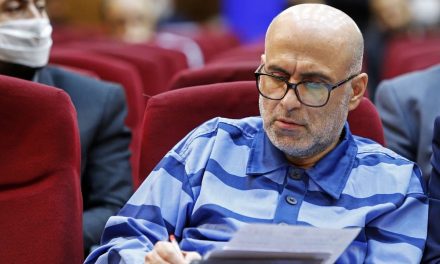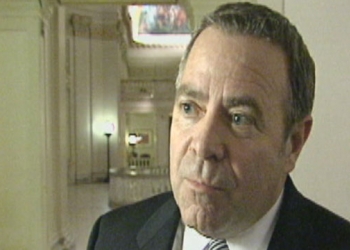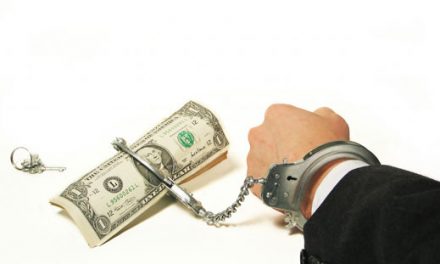26 July 2013.
Chinese censors have cracked down on blogger Zhu Ruifeng. This is a signal that there are limits to the government’s tolerance for citizens assisting with  the exposure of corrupt officials.
the exposure of corrupt officials.
Zhu Ruifeng became popular after exposing secretly filmed sex tapes of Chongqing province district chief secretary, Lei Zhengfu. Lei lost his job and is facing trial for taking bribes of US$515,000.
The state-run newspaper, China Daily, welcomed the “prowess” of Zhu and other activists who use the Internet as a “tool against abusive officials” in an editorial published the same month. In a subsequent editorial in December it urged the government to “help Internet users fight corruption,” linking their work with President Xi Jinping’s campaign to root out corruption from society.
He told The New York Times that his website has exposed 100 corrupt officials, bringing down a third of them. The site relies largely on publishing evidence from anonymous whistle-blowers.
But in January, police detained Zhu for six hours of questioning at a Beijing police station. Zhu later claimed on his microblog that police pressured him to hand over his tapes and reveal his sources and threatened to charge him with concealing evidence.
On July 15, he published allegations about the chief secretary of Jinjiang city in Fujian province. The next day his online presence disappeared. Government censors disabled all four of his microblog accounts and blocked mainland access to his website, Renmin Jinduwang (“People’s Supervision”), which was registered in Hong Kong.
Zhu issued a statement through another Sina Weibo user on 17 July saying that he was safe but that his “microblogs have to take a summer vacation.”
Last week, according to news reports, a Chinese journalist used his personal microblog to accuse China Resources of corruption which was owned by the head of state. China Resources denied the allegations and threatened legal action against any party who published any unsubstantiated information about it. Subsequently, news reports said, that the government announced it was auditing China Resources.
Some political analysts believe that Xi’s campaign was aimed at some targets but not addressing public corruption broadly and that the public is cynical about this campaign.














